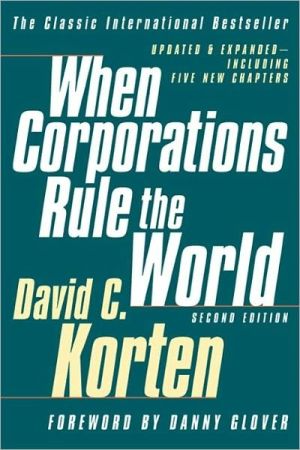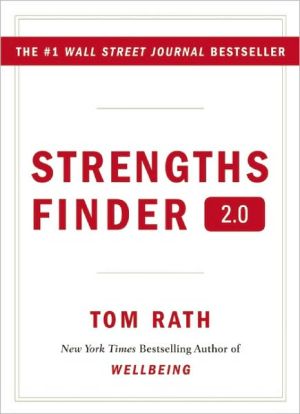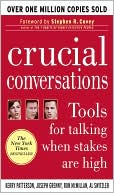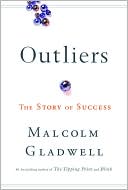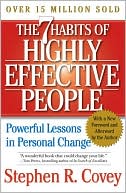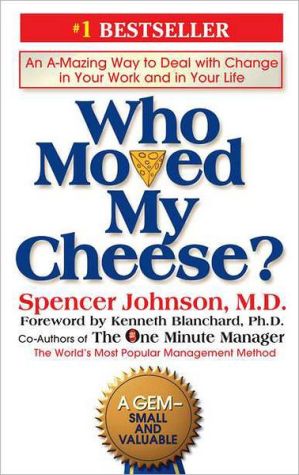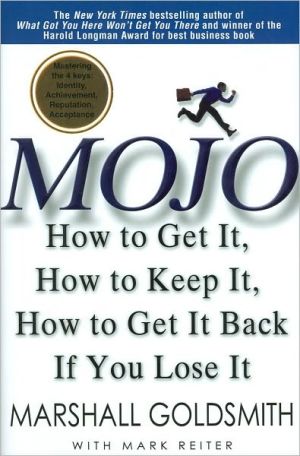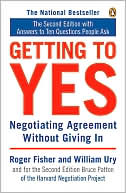When Corporations Rule the World
* An international best-seller\ * Endorsed by Archbishop Desmond Tutu and World Economic Forum Founder Klaus Schwab\ * Selected as one of the Top 50 Sustainability Books as voted for by the University of Cambridge's Programme for Sustainability Leadership alumni network\ This second edition updates the reader on the deepening human crisis of the global economy. The gap between rich and poor continues to grow, and people continue to exploit the planet. Korten writes of the new global citizens’...
Search in google:
As last year's World Trade Organization protests in Seattle indicate, author Korten is not alone in his concern about the harmful effects of globalization on politics, society, and the environment. He examines how economic globalization has resulted in the emergence of a new organizational form—the transnational corporation. Andrea Martin ...[W[ith thrilling clarity, discusses practical ways to create a just, sustainable and compassionate society. —Utne Reader
AcknowledgmentsPrologue: A Personal Journey11From Hope to Crisis172End of the Open Frontier253The Growth Illusion374Rise of Corporate Power in America535Assault of the Corporate Libertarians696Decline of Democratic Pluralism877Illusions of the Cloud Minders1038Dreaming of Global Empires1219Building Elite Consensus13310Buying Out Democracy14111Marketing the World14912Adjusting the Poor15913Guaranteeing Corporate Rights17314The Money Game18515Predatory Finance19516Corporate Cannibalism20717Managed Competition21518Race to the Bottom22919The End of Inefficiency23920People with No Place24921The Ecological Revolution26122Good Living27723An Awakened Civil Society29324Agenda for Change307Epilogue: A Choice for Life325Appendix: The People's Earth Declaration: A Proactive Agenda for the Future329Notes335Index361About the Author375
\ From the Publisher"This well-documented, apocalyptic tome describes the global spread of corporate power as a malignant cancer exercising a market tyranny that is gradually destroying lives, democratic institutions and the ecosystem for the benefit of greedy companies and investors."\ "If you can read only one book on how to understand and address the enormous challenges of our time, When Corporations Rule the World is it..."\ "An indispensable guide to the new world economy. It is a learned, courageous, and ultimately hopeful book. It provides a blueprint for the process of economic reformation which is essential for the recovery of sovereignty, community, and a right relation to the natural world."\ "Korten brings impressive credentials to the task of blaming large international corporations for many of the social and environmental problems confronting people all over the world. Using numerous well-researched examples, Korten argues that not only do today's corporations exploit labor and the environment, but governments (particularly the U.S. government), the World Bank and the International Monetary Fund, aid and abet this exploitation through policies that favor capitalists over workers and small business. Although Korten speaks from an obviously liberal position, in an era when conservative political voices declare an unswerving faith in the benefits of unfettered free markets, a voice from the opposition offers a welcome balance."\ \ \ \ \ \ Cindy PatuszynskiVivid imagery and original ideas make The Post-Corporate World an interesting and thought-provoking perspective of Korten's view of global society.\ — ForeWord Magazine\ \ \ Andrea Martin...[W[ith thrilling clarity, discusses practical ways to create a just, sustainable and compassionate society. —Utne Reader\ \ \ \ \ Publishers WeeklyThis well-documented, apocalyptic tome describes the global spread of corporate power as a malignant cancer exercising a market tyranny that is gradually destroying lives, democratic institutions and the ecosystem for the benefit of greedy companies and investors. Korten (Getting to the 21st Century) points out his conservative roots and business credentials-and then proceeds to finger such classic conspiracy-theory scapegoats as the Trilateral Commission and Council on Foreign Relations as the planning agents of the new world economic order he decries. Korten, founder of the People-Centered Development Forum, prescribes a reordering of developmental priorities to restore local control and benefits. Suggested reforms include shifting tax policies to punish greed and reward social responsibility, placing a 100% reserve requirement on demand deposits at banks and closing the World Bank, which he claims encourages indebtedness in nations that can't afford it. (Oct.)\ \ \ \ \ Publishers Weekly"In the 1980s capitalism triumphed over communism. In the 1990s it triumphed over democracy and the market economy." So begins The Post-Corporate World: Life After Capitalism, the latest salvo from David C. Korten (When Corporations Rule the World). In four sections of three or four chapters each, Korten lays out how it happened and what we can do about it, using model communities that have already begun to "treat money as a facilitator, not the purpose, of our economic lives."\ \ \ \ \ Library JournalFor 30 years, Korten toiled as a development worker seeking to end the poverty of the world's underdeveloped nations. In that time, he noted a stark difference between capitalism's democratic myth and the reality of social, economic, and environmental deterioration that accompanied such efforts. In this intriguing sequel to When Corporations Rule the World (Berrett-Koehler, 1995), Korten identifies the root causes of these failures as consumerism, market deregulation, free trade, privatization, global consolidation of corporate power, a focus on money as purpose for economic life, and corruption of our democratic institutions. His solutions prescribe excluding corporations from political participation, implementing serious political campaign reform, eliminating corporate welfare, regulating international corporations and finance, making financial speculation unprofitable, reestablishing locally owned and managed economies that rely predominantly on local resources, and focusing on service to life, not money, as the purpose of our economic existence. Korten makes a good case, but his solutions won't necessarily fly in the face of reality. Still, his book should find a receptive audience in both academic and public libraries.--Norman B. Hutcherson, Kern Cty. Lib., Bakersfield, CA\ \ \ \ \ Library JournalKorten (Getting to the Twenty-First Century, Kumarian Pr., 1990) brings impressive credentials to the task of blaming large international corporations for many of the social and environmental problems confronting people all over the world. Using numerous well-researched examples, Korten argues that not only do today's corporations exploit labor and the environment, but governments (particularly the U.S. government), the World Bank and the International Monetary Fund, aid and abet this exploitation through policies that favor capitalists over workers and small business. Although Korten speaks from an obviously liberal position, in an era when conservative political voices declare an unswerving faith in the benefits of unfettered free markets, a voice from the opposition offers a welcome balance. Recommended for public and academic libraries.-Andrea C. Dragon, Coll. of St. Elizabeth, Convent Station, N.J.\ \ \ \ \ BooknewsWhile protestors at the WTO meetings in Seattle and at similar meetings of the global financial institutions have been derided as ill-informed troublemakers by the majority of the press, Korten (former advisor to the Ford Foundation and U.S. Agency for International Development) argues that their concerns about increasingly centralized corporate power are essentially right. He outlines the evolution of corporate power over the economy and governance worldwide, while acknowledging the severe depredations it causes to millions around the world. After looking at many facets of the problem in financial systems, flawed economic analyses, declining democratic institutions, and other aspects of growing corporate power, he offers some solutions. He grounds his alternative in a theory he calls the "Ecological Revolution" that would attempt to localize economies, while globalizing cooperation among communities. Annotation c. Book News, Inc., Portland, OR (booknews.com)\ \ \ \ \ Andrea Martin...[W[ith thrilling clarity, discusses practical ways to create a just, sustainable and compassionate society. -- Utne Reader\ \ \ \ \ Kirkus ReviewsIn the '80s, capitalism defeated communism. Now it has defeated democracy, we are informed by Korten (When Corporations Rule the World). Capitalism is inimical to life, he declares, and he thinks, naturally enough, that life is better. The author, a former Harvard Business School teacher, depicts the doleful condition on our sad little planet. He objects to the wayward thinking of proponents of what he calls a "dead universe" governed by inhumanly impersonal corporations. Midas was wrong. Life and money do not mix. Humanity, as a functioning organism, can make a better choice. It can reject the power of international business, bent on amassing hegemony and cash at any cost. Corporations, to put it baldly, are soul destroying and inherently evil. They are merging and metastasizing worldwide. The unfortunate current primacy of cash returns to shareholders bodes ill. Corporations destroy natural assets and human institutions and exploit workers—this is the author's angry preachment. (The reader must conclude that the term "corporation" is simple synecdoche, standing in for Mammon as Capitalist). Korten is preaching a kind of Zen: We must learn the lessons of life's ancient wisdom and stop the foolishness now. Without a shift to ethical and mindful markets and the local rooting of capital, we are doomed, saith Korten. Reject NAFTA, the WTO, and the IMF as ultimately destructive forces. Corporations should not, as is presently the case, be accorded the status of personhood or be recipients of governmental largess. Economic democracy must be advanced, but can the change happen? The author thinks so, pointing to signs of postmodern populism and grassroots humanitarianism. Staytuned. Less a full-scale program for action than a life-affirming pep talk. An amalgam of physics, biology, and politics, with a dollop of philosophy, this manifesto is as troublesome as any zealot's call for morality. \ \
